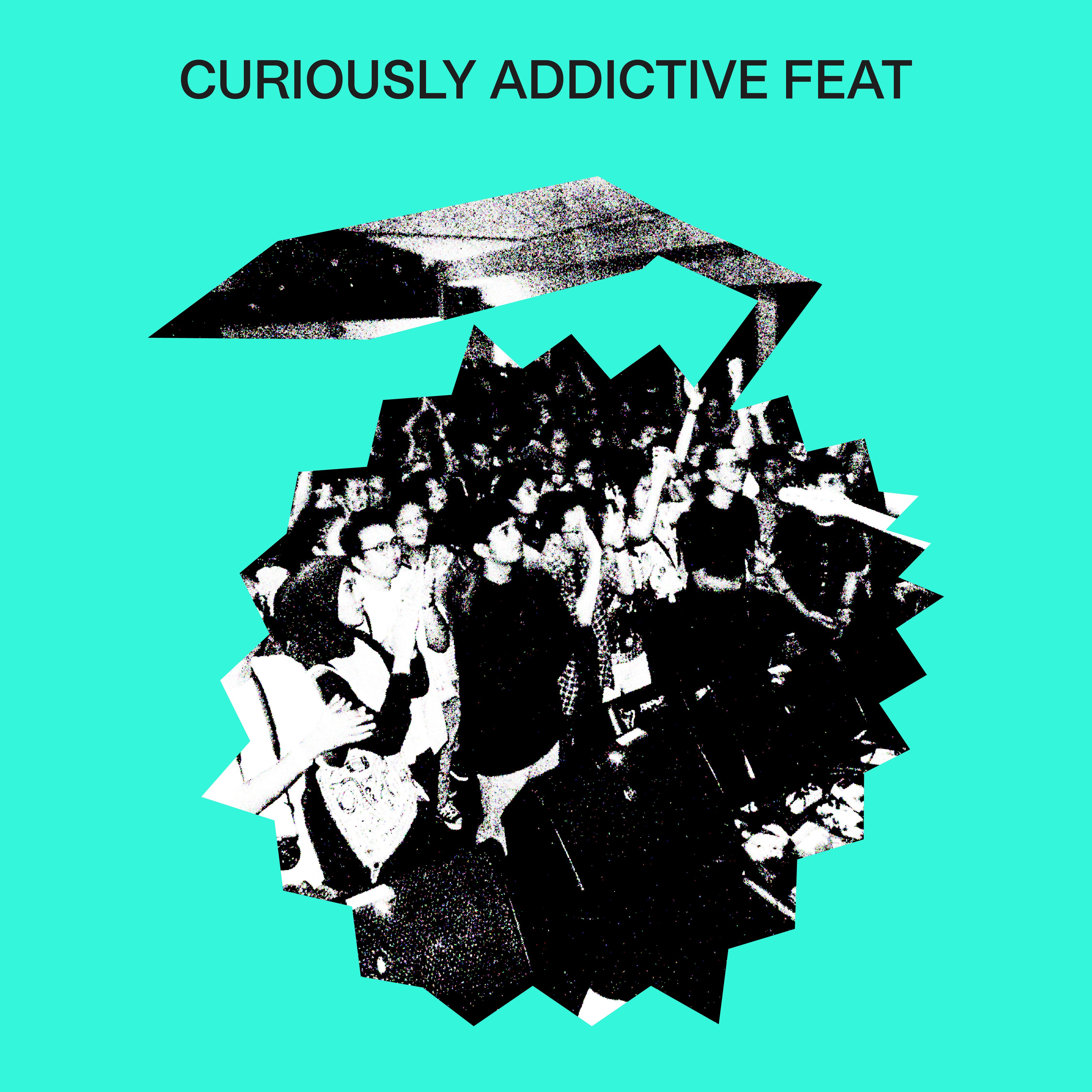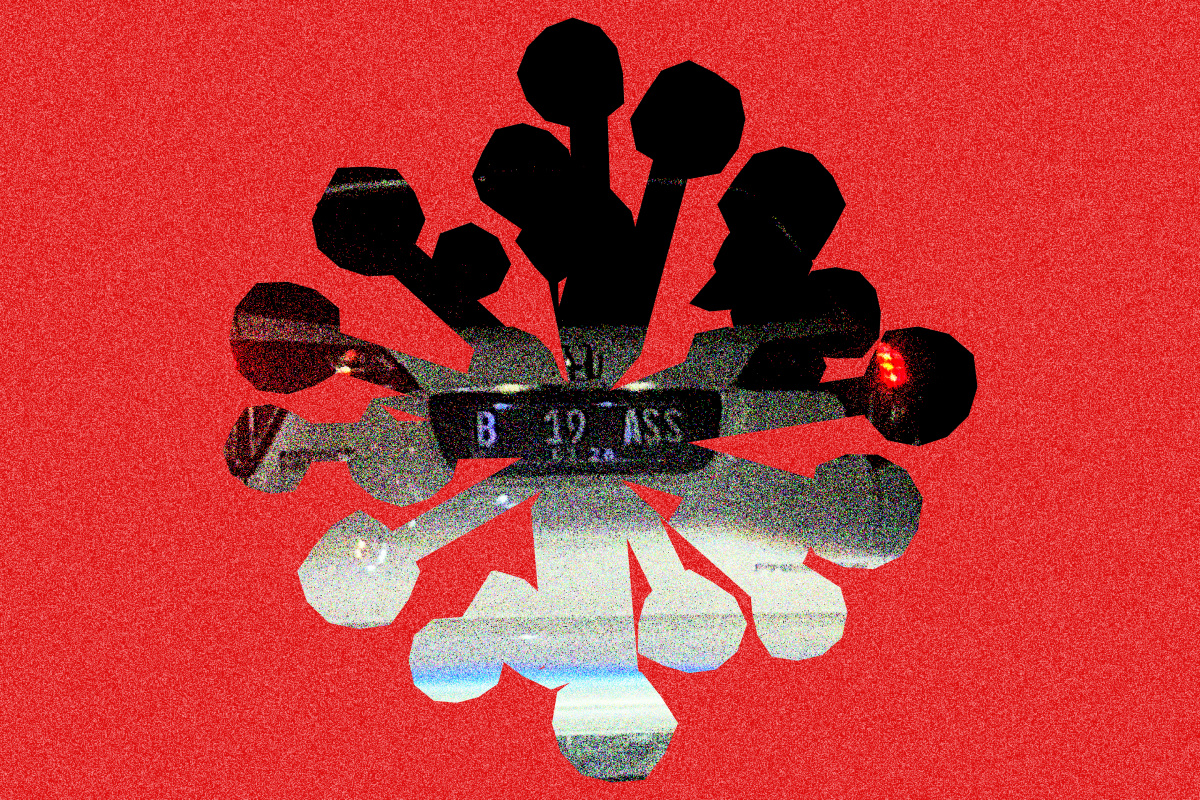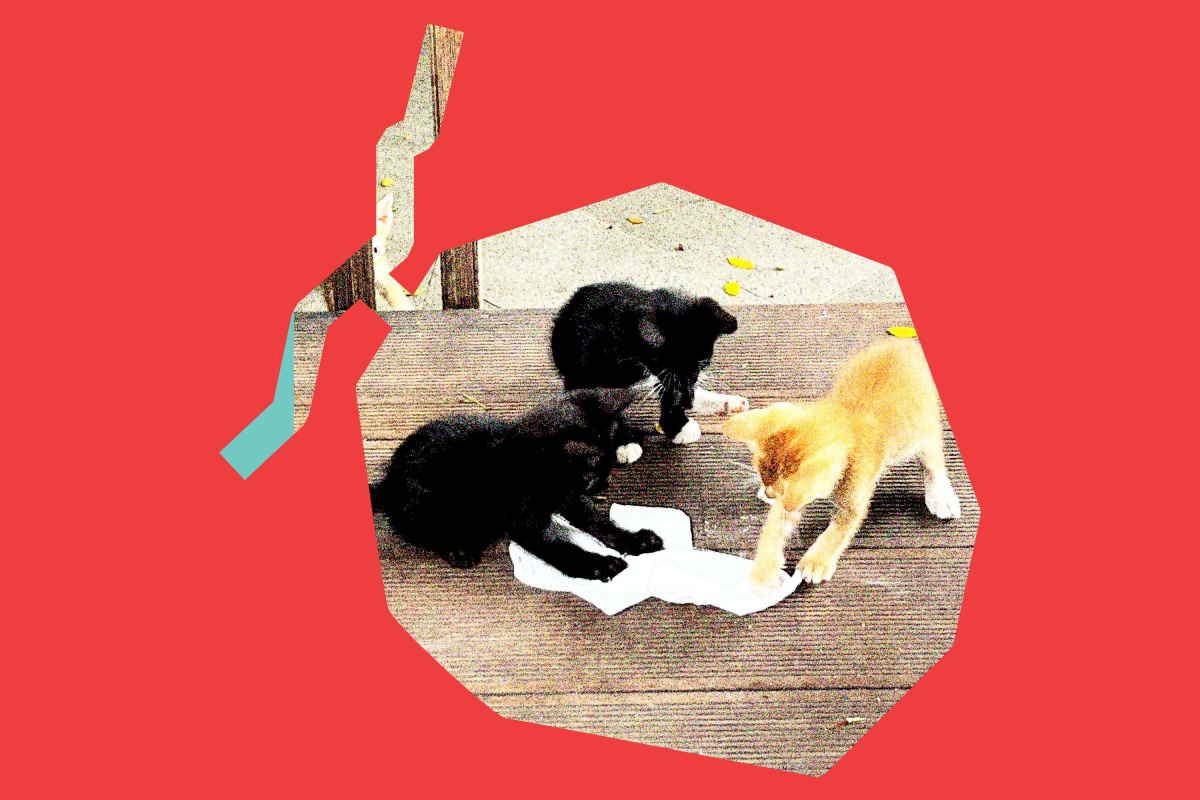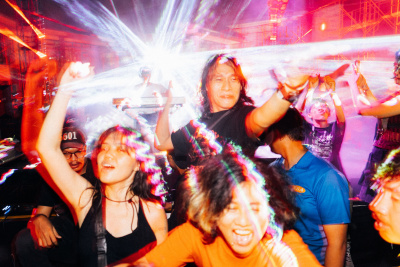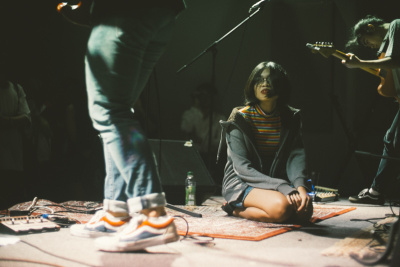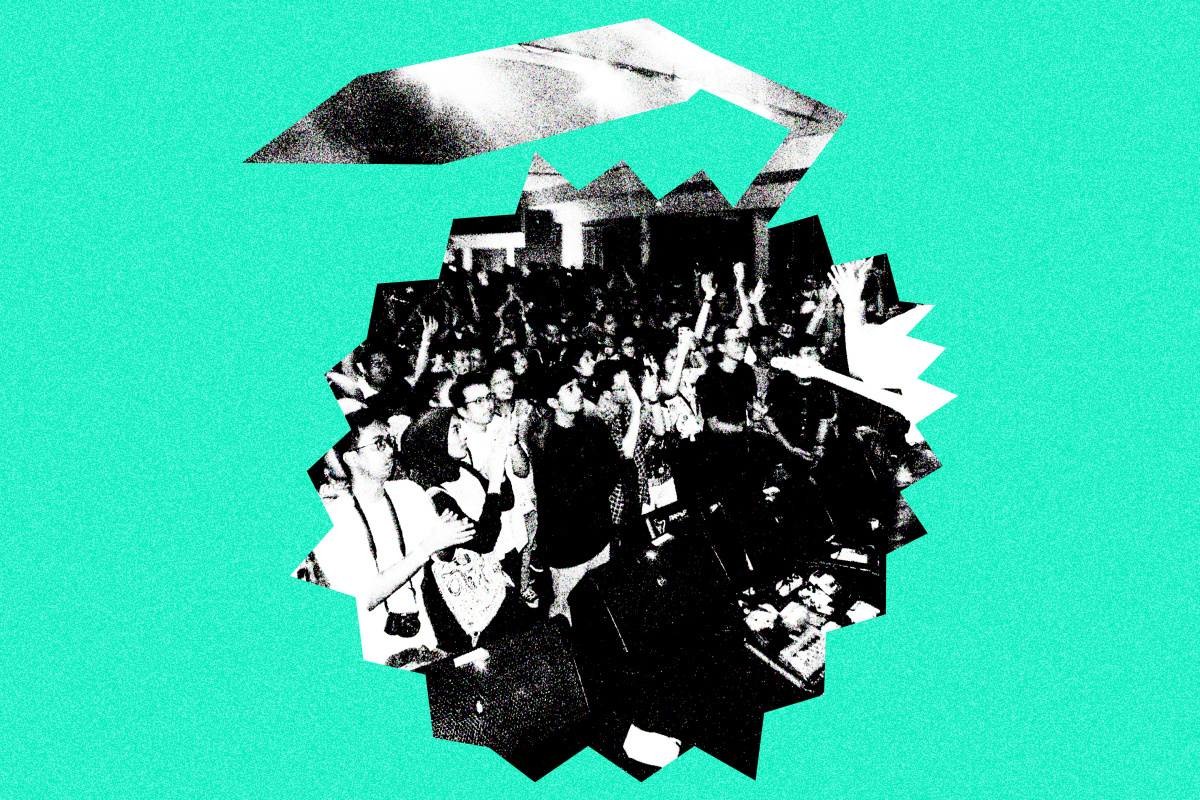
Connecting Jakarta: A Complete Guide to Host Independent Touring Bands
A metal/punk organizer with decades of experience in the underground scene shares his 101 guide for creating gigs as well as hosting touring bands from abroad. He offers advice about building local and international networks, while giving the POV from both backstage and onstage. This article shares the meticulous detail required to ensure a seamless chain of events: from planning to execution, emails to airport pick up, and hotel check-ins to tour bus rides across cities in Indonesia within the network.
Background: a starting point it was 2007.
My thrash crossover band, Grave Dancers, just finished our debut demo and we were looking for an opportunity to perform for the very first time. We needed to promote our freshly made music and introduce our new unit to potential audiences. I had too much pride to beg other people to create shows for me, so I decided to organize my own show. The show was organized by me and my close circle of friends in the scene, whose bands would also perform.
In between show preparations, I was contacted by Hafiz, a Singaporean acquaintance with the neo crust band, Pazahora. He was a penpal who often engaged in tape-trading with me. At that time, physical copies of records were the only ways for us to obtain new music. My earliest international relations flourished through these associations. Long story short, Hafiz was looking for an organizer in Jakarta who could host his band, who wanted to do a round tour of the island of Java.
Interestingly, my other teammates were also contacted by various Southeast Asian bands who wanted to play in Jakarta at the same time. Suddenly, we became host to a number of touring bands playing in Jakarta at the same time. The show, which was initiated as a Grave Dancer’s inaugural show, expanded into a full-blown punk festival with 15 performers: 11 Jakarta bands, 1 Kalimantan band, 2 Singaporean bands, and 1 Malaysian band. The show took place in South Jakarta’s legendary venue, Rossi Music, and was attended by hundreds of punk and metal kids.
The very first show that I organized proved that creating stages for underground talents is an exhausting and resource draining but curiously addictive feat. Since then, making shows has become a welcome entertainment that encourages me to look forward to new days ahead.
ORGANIZING INDEPENDENT TOURING BANDS 101
Dealing and Planning
-
Setting expectation
Dealmaking is an integral part of touring band management. It is important to make it clear from the start what the organizer can and cannot do for touring bands. Therefore, the bands should get what they expect when they arrive here.
Typically, touring bands will need:
-
flight tickets
-
hotel rooms
-
airport transfer
-
intercity transportation in Indonesia
-
meals during their stay in Jakarta
-
performance fee
-
technical riders (specification of sound system, instruments, and visuals such as lighting and stage background)
-
a local liaison officer to help them navigate their way around the town.
Now that we have this checklist, we need to discuss with the band what the organizer can and cannot provide. Usually, I and my collective will provide all of the above except for flight tickets.
This deal should be set in stone at least three months before the arrival of the band.
-
Fundraising
Once the organizer and the artist lock down the agreement, it is now the time to earn the funds to cover the cost of the show as well as the cost of hosting the band here.
To cover the budget, we cannot depend solely on selling tickets. Usually, I will create a fundraising system by selling the touring band’s record and merch. I’ll hire a local illustrator to design a special, limited edition merch (usually T-shirts, but also could be hats, patches, buttons, etc.) for the band. The merch should be locally produced and then promoted alongside the event promotion. When reduced by designer fee, production cost, and royalty for the band, the net income we could get from selling the merch could significantly help the show production. Indonesian audiences love merch, so usually this is a good niche to get more funding for the show. Moreover, usually foreign bands love when a local illustrator creates a new, special edition artwork for them. However, the result of the sale is not promised – depending on the popularity of the band in our town.
-
Mapping and scheduling
Designing a tour schedule can make or break the foreign band’s experience in your country. To keep the band’s energy and excitement at a healthy level, mapping the towns for them to visit during their short stay is an important detail you should not ignore.
Usually foreign bands would expect to play in big cities in Java such as Jakarta, Bandung, Yogyakarta, and Surabaya. However, they might also want to play in smaller cities such as Bogor, Tangerang, Bekasi, Semarang, Kediri, Malang, and Bali. In these smaller cities there are terrific communities that are capable of creating good shows for metal/punk bands. However, because the Indonesian tour is usually a part of a larger Southeast Asian tour, bands only have limited time in Indonesia and therefore they have to prioritize which cities to play.
It is the task of the organizer to explain meticulously the road trip situation in between these cities, so that the bands can measure their energy if they want to perform in multiple cities. Usually, a touring band will do up to three cities in Indonesia before eventually leaving the country to continue their tour or go back to their country. However, there are also some bands who integrate the tour with a longer duration or holiday. In this case, the scheduling can be a lot more flexible.
It is a shame that most shows for touring bands happen mainly in Java. Aside from the fact that most international flights land in Jakarta’s airport, domestic flights to other islands in the archipelago such as Sumatra and Kalimantan are insanely expensive. This is unfortunate, because the metal/punk scene in those islands are also big, solid, and capable of hosting touring bands.
Once we find out which cities they will visit, it is time to schedule their shows. You have to smartly position the show date within the national calendar because that can greatly determine the ticket sales and audience attendance. Weekdays are terrible to throw a show in Indonesia, except when the touring band is a remarkably iconic and famous musician. In my experience, the best time to have a ticketed event would be on Fridays, Saturdays, and Sundays. The best day would be the day before a holiday, because the audience can spend their night at your gig without worrying about going to work the next day.
Preparation
-
Accommodation (including airport transfer, hotel rooms, and liaison officer)
Delegate at least one person on your team to be a liaison officer (LO) to help the touring band navigate their ways around the town. This LO will pick up the band at the airport and transfer them to their hotel.
When choosing the hotel, you have to make sure that the hotel is located near the venue. It would also be nice if the hotel is close to public transportation, convenient stores, and restaurants, so that they can easily walk around themselves in the hours when the LO is not available to accompany them.
Because my collective usually throws a show at Rossi Music in Fatmawati, I usually book hotels for the band around the area of Cipete, Terogong, or Fatmawati.
-
Venue
In the always busy and traffic-jammed Jakarta, an ideal venue is one that is easily accessible for the audience. Your venue should be reachable by public transportation, but should also be able to accommodate motorbike and car parking.
When organizing an event that potentially creates a crowd, we need to notify the Police in the area. Every precinct has different regulations, so you have to be familiar with their playbook.
Cooperating with local authorities might not be our favorite activities as punks, but it is extremely important to do so, so that we do not jeopardize the existence of the venue.
At one venue where I usually do my shows, the local precinct will deploy one or two Police officers on the day of the show. They will usually come and make a post outside of the venue under the pretense of doing «security duty». Usually they will do nothing other than eat dinner from the backstage meals and hang out smoking cigarettes.
During the show, you have to place some of your people in the periphery of the venue to make sure that the audience are not being too rowdy in the street (kids with mohawks and spiky jewelries can be a shocking sight for the conservative neighborhood). Otherwise, local mafia (ormas) and/or military officers will appear and make your night difficult. The Police officers also won’t help you when you are threatened by these thugs. It is important to keep the venue free from negative incidents, such as mafia brawls or state apparatus shut down.
Organizers also need to do excellent crowd control so that there will be no incidents such as fights, property damage, sexual harassment, pick-pocketing and other rowdy scenes that could cause the venue to not be able to accommodate shows anymore in the future. I count myself lucky because there have never been any of those bad incidents at my shows—maybe because the kind of concerts I do are small-scale and most people who attend know me and know each other. But it is always important to emphasize to the community to take care of each other and protect one another during shows like this.
Ideal live houses in Jakarta with good access, excellent acoustics, and capable technicalities are already very scarce so we need to preserve their existence.
-
Accompanying Band Lineup
In building a lineup, we have to choose local bands with similar sounds as the touring band we are hosting. It would also be a good idea to offer the touring band the chance to choose some of their favorite local bands, to make the show even more special for them.
The number of bands in one show determines the flow and duration of the show, and it is conditional to the day of the event. For a Friday show, a lineup of four bands is an ideal format. On Fridays, usually shows will start later to accommodate people who come to the show after office hours. Saturdays can be even more flexible. On this day you can accommodate up to 7 bands, because you can start the show earlier and end the show later. On Sundays, the audience would want to go home earlier to get some rest before going back to work. Shows can start earlier and end earlier as well. On this day a 5-band format is ideal.
With this lineup, each band can do ample preparation for soundcheck, decorating the stage, and setting up their merch table. They also can get their desired duration of performance.
-
Promotion
Posters are one of the most important aspects of promotion that should be processed earliest in the show’s organizing steps. A good poster can significantly make or break the image of the event, and can even lure new people to come to the show. Hiring a personal illustrator might be costly, but if you have the budget to do that it is advisable. You also can invite these artists in a collaboration capacity.
In this day and age, a digital marketing scheme can contribute significantly to the reach of the event. A music collective that regularly organizes shows usually has official social media channels where they disperse this information. You can create a series of promotional campaigns for the event such as a regular social media post, joint post with the bands’ channels, and media partnership with local music journalists.
However, printing a physical poster is a classic move that is never outdated. You can circulate the printed posters at local music stores frequented by hardcore punks and metal kids, where they might be put on the wall or given away to visitors. Event posters can serve as good and collectible memorabilia of the concert.
-
Collaboration and Sponsorship
Organizing a show on your own can be overwhelming. You can join forces with other like-minded entities such as collectives, clothing brands, or record labels to help you with the burden. These collaborations can be in the form of getting more hands on the deck, or even in the form of monetary sponsorship that can tremendously help with covering the expenses.
Make sure your collaborators have similar concepts as you. Also, make sure that they do not affiliate themselves with the government, political parties, mafia, or multinational corporations. Also make sure that their stance is not pro-apartheid, pro-military, pro-zionism, or showing any misogynistic and queerphobic attitude.
-
Ticketing
Determining ticket price is an important element of showmaking. You can calculate the ticket price by calculating the expenses versus the capacity of the venue, as well as the income we can get from merchandise and sponsorship.
We also have to consider the buying power of our target audience, as well as the trend of ticket pricing at similar shows. If we sell the tickets at a higher price point, it would be detrimental to our audience’s willingness to buy tickets and support our event.
Selling your tickets at a pre-sale scheme is a good idea because it can help you to determine the frequency of promotional items. Selling both pre-sale tickets and door tickets also can help to lure various crowds of different buying power.
-
Equipments and Stage Crew
To achieve the desired raw and loud sound in a small scale metal/punk show in a venue with a capacity of 150 audience you will need:
-
2 head amps for guitar
-
1 head amp for bass
-
1 set of drums
-
PA system
-
audio mixer
-
Monitor speakers (each player should have one)
-
2 microphone with stands
-
Stage lighting
-
5000-7000 watt electrical power
You will also need a troop of crew to help with the stage during the event. You will need two people to stand by on the stage who will help the band to set up before their set and one soundman to man the mixer. A lighting operator also can make the stage become more alive.
Make sure every band does the soundcheck before the show starts. This is very important so that the band can deliver their best performance. You can also ask for the band’s stage plan, channel list, or monitor request so that the soundman can prepare them before the soundcheck.
-
Hospitality
Touring as a DIY band can be exhausting, and making time to show them the city will brighten up their journey.
In Jakarta, I like to take the band to see museums, historical sites, parks, and traditional markets. The National Museum, The National Monument, Old City Square, Glodok Chinatown, Blok M area, and Mataram Park are among the spots favorited by these bands. They also can take iconic pictures that show their presence in the city. Many of the bands that I have hosted also had a wholesome time walking through the slum area behind the tall buildings in downtown Thamrin-Menteng area.
It is also always a must for me to introduce them in the list of favorite eating places:
-
Pecel Boma - East Java style of salad drenched in peanut sauce, a good choice for straightedges who are vegan/vegetarians.
-
Soto Babon - midnight chicken soup
-
Warung Sukabumi Pak Sapei - assorted Indonesian dish
-
Bu Kris - sambal specialty establishment, a good place to introduce Indonesian chilli sauce to bands outside of SEA who want to challenge their palate with the spicy heat.
-
Pagi Sore - premium Padang restaurant, a good place for bands who have beef rendang in their bucket list.
-
Soto Ambengan Cak Jito - wholesome chicken soup place near airport.
-
Warteg Agung - assorted Indonesian dish buffet style
-
Bakmi Jawa Tuman - the only acceptable Jogja style noodle place in town
-
Kanabu - the only acceptable Aceh restaurant in town
Connection
Organizing a DIY show is not a great way to make money. In fact, you will almost always lose money and breaking even is a rare feat. It is not impossible to gain monetary profit from this activity, but it almost never happens and you should not have your hopes too high on that front. However, the real profit is the precious connection you will have with the international underground music scene. Although the band has departed from your town you should never lose contact with them. During their tour in Indonesia or even in Southeast Asia, keep monitoring their movement and make sure that they are in good hands.
After their tour, always keep your friendship alive by sharing the news from your local scene. You also can swap physical releases and promote each other’s band’s new works. If you have the time and money, visit them in their country. This connection will be tremendously fruitful for you, whether you visit them as a touring band or as a tourist. In my experience, the essence of organizing a DIY show is to always be connected to people we wouldn’t otherwise encounter.
This essay is part of the digital publication Norient City Sounds: Jakarta, curated and edited by Gisela Swaragita.
Biography
Biography
Published on August 27, 2025
Last updated on August 29, 2025
Topics
Why do people in Karachi yell rather than talk and how does the sound of Dakar or Luanda affect music production?
What’s the idea behind a traditional brass band from Vienna playing at 5 am in the morning? How does physical presence of artists affect the music they play?
Why does a Kenyan producer of the instrumental style EDM add vocals to his tracks? This topic is about HOW things are done, not WHAT.
About fees, selling records, and public funding: How musicians strive for a living in the digital era.
Can a bedroom producer change the world? How do artists operate in undersupplied conditions?
Special
Snap
